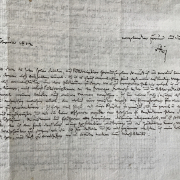Tierische Naturselbstdrucke – Spuren des Lebendigen in Sherman Dentons „Moths and Butterflies“ (1900)
[Ein Beitrag von Judith Elisabeth Weiss.] Die Abteilung Historische Drucke der Staatsbibliothek zu Berlin hat 2007 eine außergewöhnliche Publikation für ihre kostbaren Sondersammlungen erworben. Es handelt sich um eine Ausgabe des zweibändigen Werks As Nature Shows Them. Moths and Butterflies of the United States, East of the Rocky Mountains von Sherman F. Denton (1856-1937), das […]

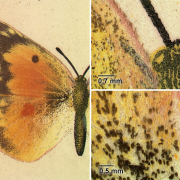
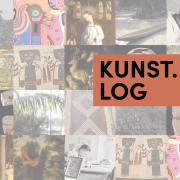
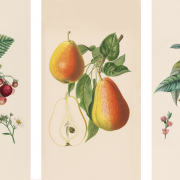
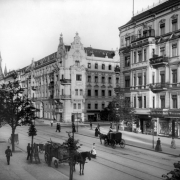 Landesarchiv Berlin, einfaches Nutzungsrecht für SBB-Blog
Landesarchiv Berlin, einfaches Nutzungsrecht für SBB-Blog